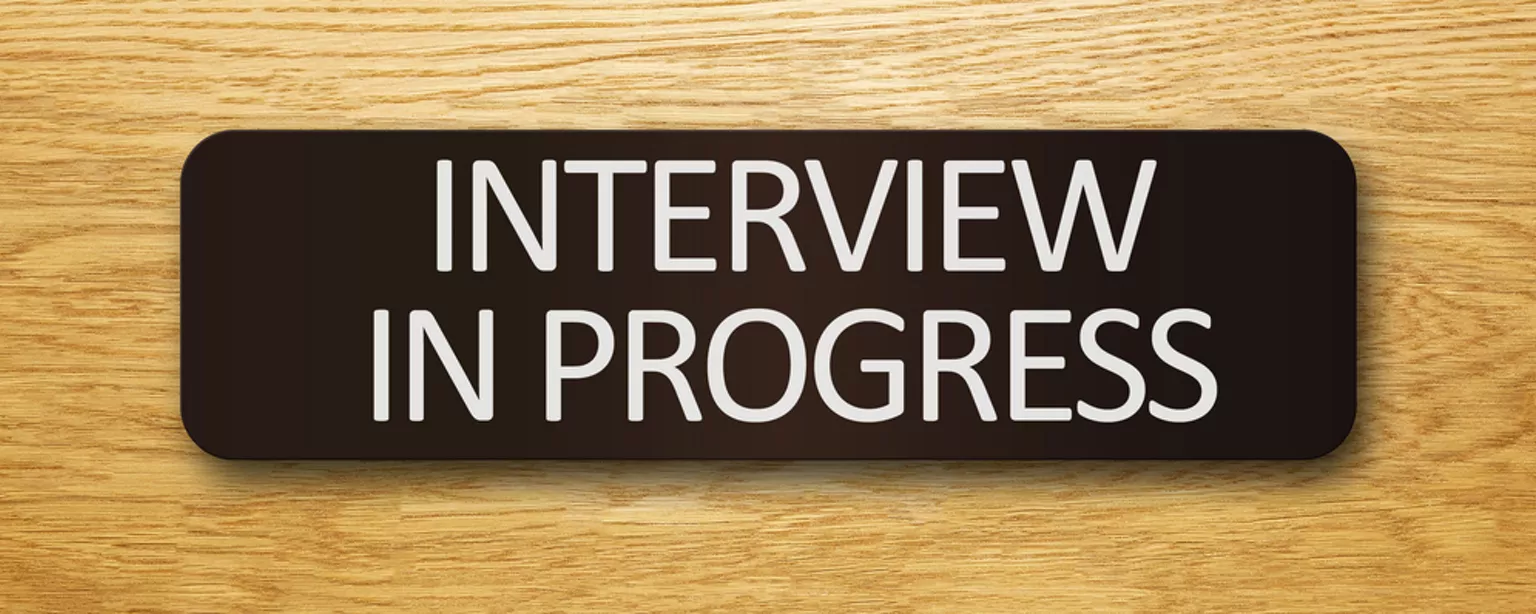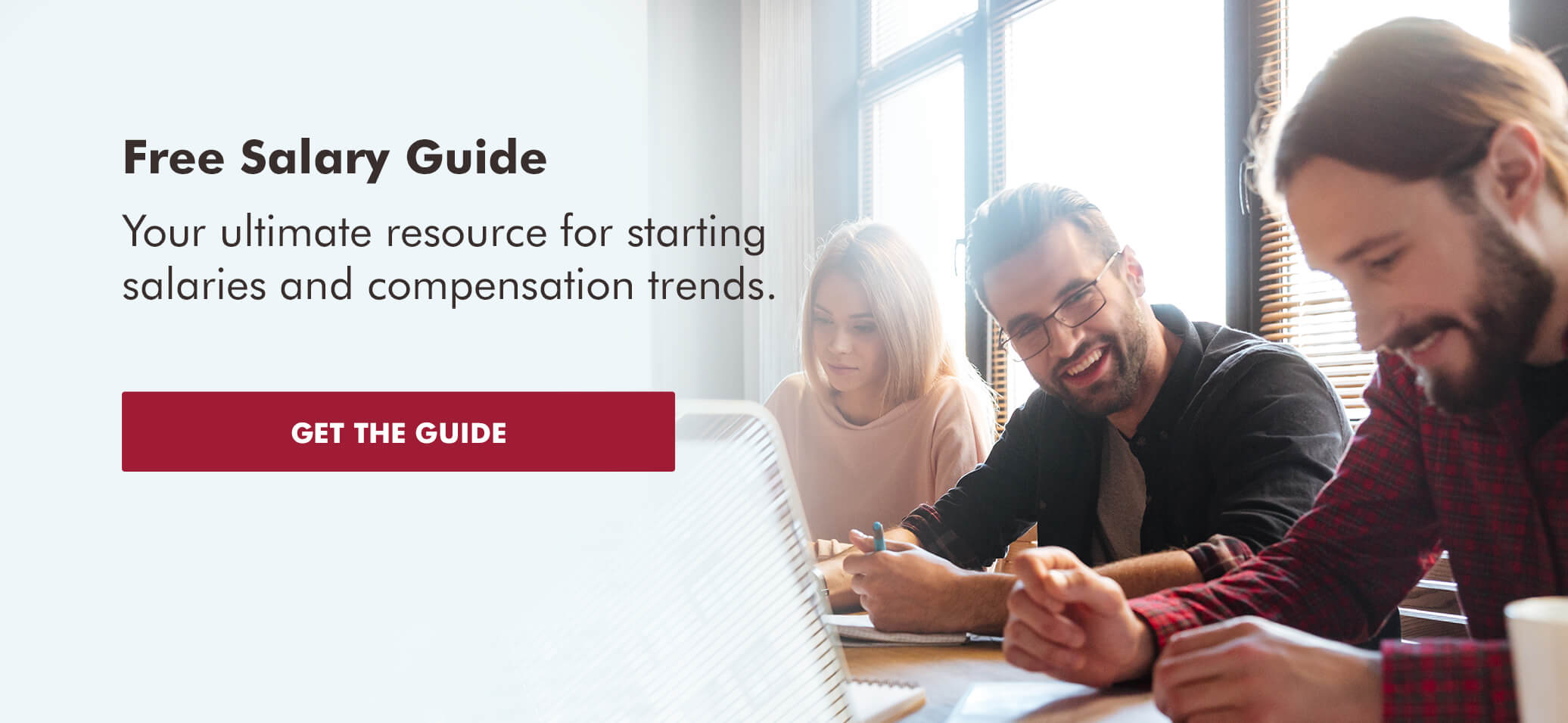If you’re still standing after the second job interview, you should be proud. Most applicants never make it to the first interview. And if the company wants to bring you back for a third interview, your chances of being hired are better than average.
We’ve already given you advice about what to expect from a second interview, but meeting the hiring manager for the third time is different. Here’s what to expect, from what kinds of third interview questions you’ll likely be asked to who may be interviewing you this time around.
Expect to keep your guard up
At this stage, the hiring manager — and their team — are evaluating your fit for the overall workplace culture. So expect behavioral questions. Many managers are assessing in the third interview whether they want to invest in bringing you on board and training you.
Job candidates should be prepared for the hiring manager asking more in-depth questions, such as how they responded to tough situations in the past.
SUBSCRIBE TO THE ROBERT HALF NEWSLETTER
Expect a longer interview that involves more people
The higher-ups don’t have time to meet with every candidate. However, when the company is preparing to make a final decision, at least one of the divisional leaders or senior executives may want to meet the individuals in serious contention for the position. Expect to meet with — and be grilled by — the heavy hitters during the third interview.
It’s also possible that your second interview did not produce a consensus. For example, maybe you impressed the hiring manager, but another job candidate is the favorite among someone in HR. You could be called back so senior leadership can break the tie.
Expect intensive questions that can determine fit
Hiring the wrong person is an expensive, time-consuming and labor-intensive mistake that companies try to avoid at all costs.
During the third interview, expect questions that reveal such things as your ability to be a team player and engage in cross-department collaboration, your preference for working in a quiet environment versus a more animated setting, and whether you take a conservative approach to work or are a risk-taker.
Companies also will use the third interview to learn how you react in certain, tricky situations — your reaction if you were to catch another employee doing something unethical, how well you manage stress and how you prioritize competing deadlines.
Expect to ask more in-depth questions
During the first two interviews, you may have asked general questions about the company; however, you’ll be expected to have more profound queries during the third interview. Examples of these types of questions include:
- How will this position be assessed during a performance evaluation, and what does success in this position look like?
- What are the shared characteristics of your most successful employees?
- What are the shared characteristics of the employees who were not successful?
- What is the most pressing problem the person in this position needs to solve?
- Who held this position previously and where are they now?
Expect to engage in salary negotiation
Be prepared to talk about compensation and benefits. You may even be asked, “What’s your expected salary?” in a very direct manner. Be prepared for this possibility by making sure you know what your skills are worth, based on your research regarding salary trends and calculations. If you’re not happy with the salary offer, don’t express this during the interview. Take some time to think it over and weigh your options. Perhaps the health plan is superior to other offers you have received, the bonus is larger, or you’ve determined this job will offer much better work-life balance.
These are just some of the conversations that you can expect to grow out of third interview questions. By anticipating and preparing for the most likely scenarios, you can cement your standing as the best person for the job.








